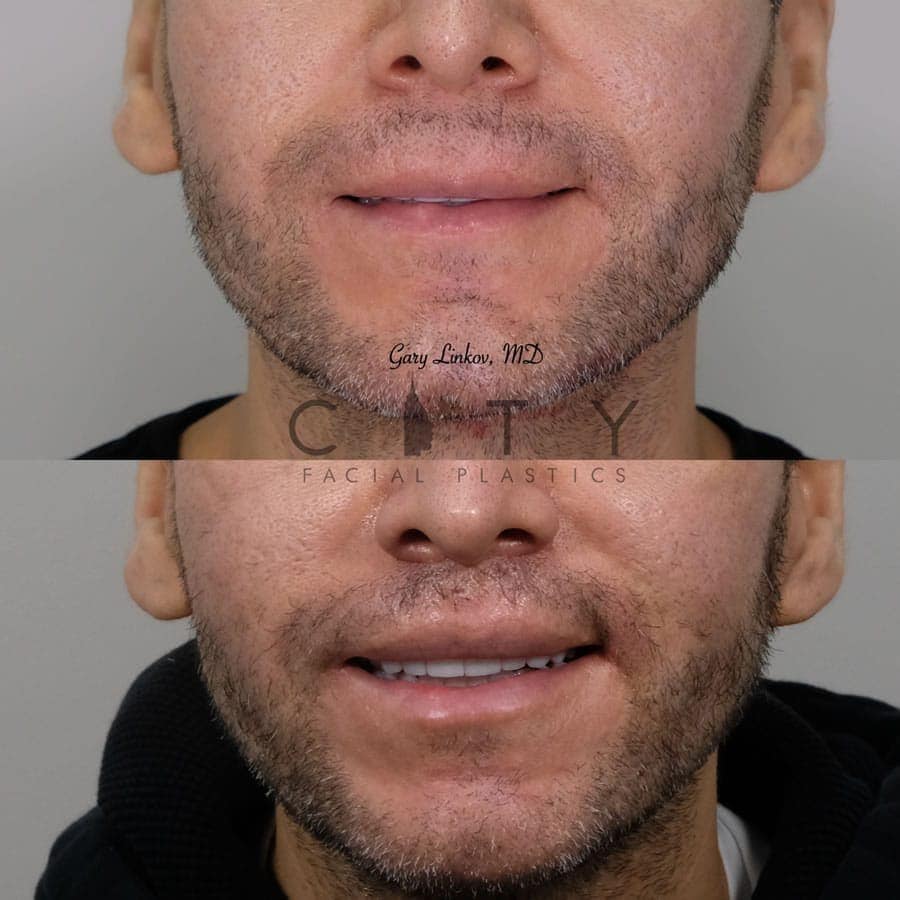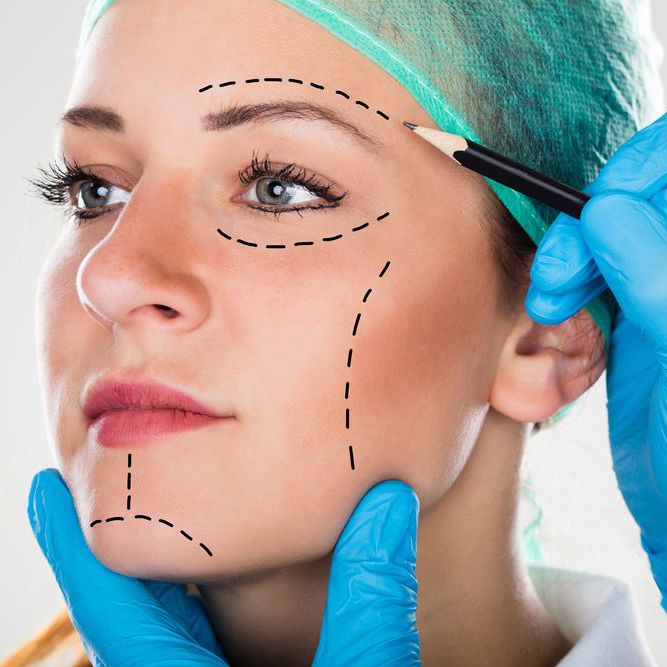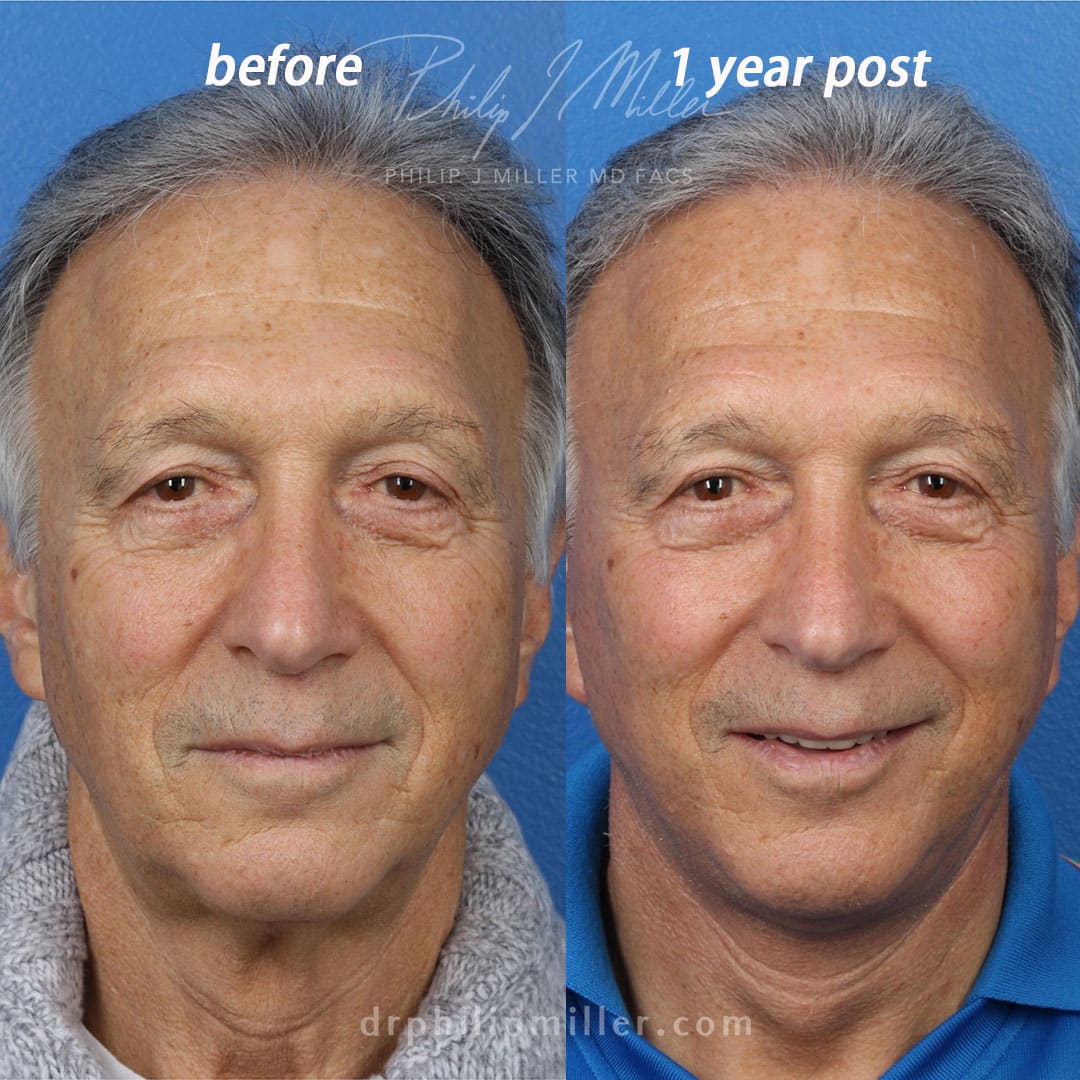Facelift Rancho Cucamonga: Smooth Wrinkles and Tighten Skin for a Younger Look
Wiki Article
Examining the Emotional and Social Elements That Drive People to Think About Plastic Surgery as a way of Renovation
The choice to go after cosmetic surgical treatment commonly extends past simple looks, linking with psychological and social dynamics that merit thorough evaluation. Factors such as self-worth, prevalent societal beauty requirements, and the prevalent impact of social networks assemble to shape private motivations for surgical enhancement. As these influences come to be increasingly noticeable, understanding the underlying social and emotional contexts is vital. What stays to be explored is the extensive effect these variables have not only on individuality yet also on wider social norms and worths bordering beauty and approval.The Function of Self-worth
Self-worth considerably affects an individual's choice to seek cosmetic surgery. Individuals with reduced self-esteem often perceive themselves in an adverse light, resulting in sensations of inadequacy regarding their physical appearance. This unfavorable self-perception can drive them to seek medical interventions as a technique of enhancing their self-image. The need for improvement in one's appearance is often connected to a belief that such changes will raise their general self-worth and confidence.
Ultimately, the function of self-esteem in the decision-making process concerning plastic surgery highlights the complicated interaction in between body image, individual fulfillment, and psychological health and wellness. Comprehending this connection is vital for healthcare experts to make sure that patients are making educated choices rooted in practical assumptions and emotional wellness.
Societal Beauty Criteria
Influenced by prevalent media representations and social narratives, social elegance requirements play a critical duty fit individuals' assumptions of their very own bodies. These criteria are typically characterized by an idealized kind of charm that emphasizes attributes such as balance, youthfulness, and slimness. As these ideals are perpetuated via numerous networks, including film, marketing, and tv, individuals frequently internalize these messages, bring about discontentment with their natural look.The effects of these societal standards prolong past aesthetic preferences; they can affect self-worth, psychological health and wellness, and social partnerships. People that regard themselves as dropping short of these standards might experience feelings of inadequacy, motivating a desire for plastic surgery as a way of accomplishing social authorization. This search is frequently sustained by the idea that complying with these suitables will improve not just physical appearance but additionally social standing and individual fulfillment.

Impact of Social Media Site
The influence of social charm requirements is additional magnified by the rise of social networks platforms, where curated pictures and idyllic depictions of appeal are ubiquitous. Individuals are regularly exposed to filteringed system and edited photos, which commonly depict unattainable physical attributes. This exposure grows a society of comparison, leading individuals to evaluate their own look versus these commonly unrealistic benchmarks.
Social network influencers and stars often advertise cosmetic procedures, normalizing the idea that surgical improvements are a practical methods for achieving societal perfects (plastic surgery rancho cucamonga). The presence of these enhancements can develop an assumption that undertaking cosmetic surgery is a conventional practice, thereby affecting people to think about similar treatments as a pathway to improved self-confidence and social approval
Additionally, the interactive nature of social media sites permits instant responses through sort and comments, additionally enhancing the wish to adapt prominent beauty criteria. Such communications can intensify sensations of inadequacy and drive individuals towards cosmetic surgical procedure as a way of acquiring validation. Inevitably, social networks plays a pivotal duty in shaping perceptions of elegance, which dramatically affects the decision-making processes bordering plastic surgery.

Cultural Point Of Views on Appearance
Across numerous cultures, perceptions of look are deeply rooted in historical, social, and economic contexts, forming individuals' sights on appeal and charm. In numerous societies, look works as a significant pen of identity, affecting social condition, professional possibilities, and individual connections. For example, in some societies, light skin is typically related to wide range and benefit, while others Discover More may glorify darker skin tones as symbols of strength and credibility.In addition, traditional charm standards are often bolstered via social stories, media depictions, and family affects, leading to differing perfects across various regions (plastic surgery rancho cucamonga). In Western societies, the emphasis on youth and physical fitness often drives people towards cosmetic enhancement, while in particular Eastern societies, more refined changes lined up with traditional aesthetics may be favored
Globalization and the expansion of electronic media have additional hints additionally made complex these dynamics, producing a hybridization of beauty suitables that goes beyond geographical boundaries. As people progressively navigate these social stories, the pressure to satisfy particular look criteria can lead to the wish for cosmetic surgery, reflecting a complicated interaction of personal goals and cultural worths. Comprehending these social perspectives is crucial in attending to the motivations behind cosmetic surgical treatment factors to consider.
Mental Influences of Cosmetic Surgical Treatment
Numerous people seeking plastic surgery report experiencing extensive emotional effects that can considerably alter their self-perception and psychological wellness - plastic surgery rancho cucamonga. The desire for physical enhancement commonly originates from underlying issues such as reduced self-worth, body dysmorphic condition, or societal pressures concerning elegance requirements. For some, the instant post-operative stage can bring about a short-lived boost in self-confidence and complete satisfaction with their look, fostering a feeling of empowerment
Nevertheless, these positive sensations may not be withstanding. Research suggests that while some patients experience boosted self-confidence, others might deal with heightened stress and anxiety or depression if their assumptions are not met. This inconsistency can occur from impractical suitables perpetuated by media depiction and cultural narratives surrounding beauty.
Furthermore, the psychological implications of cosmetic surgical procedure extend past the person. Relationships with friends and family may be strained as social dynamics change, resulting in sensations of isolation or alienation. Inevitably, the mental influences of plastic surgery are complicated and diverse, calling for cautious factor to consider by both potential clients and doctor to guarantee enlightened decision-making and realistic expectations.
Final Thought
Finally, the choice to seek cosmetic surgery is dramatically affected by a mix of self-esteem issues, societal charm requirements, and social viewpoints on look. The prevalent reach of social networks additionally aggravates these stress, advertising impractical perfects that people commonly strive to obtain. Understanding these psychological and social factors is vital for resolving the inspirations behind plastic surgery, highlighting the need for an extra nuanced conversation surrounding charm and self-acceptance in contemporary society.The choice to seek cosmetic surgical procedure usually expands past plain visual appeals, intertwining with social and psychological dynamics that merit comprehensive exam. Inevitably, social media plays a critical duty in shaping perceptions of charm, which significantly impacts the decision-making processes bordering cosmetic surgical procedure.
As people progressively navigate these social narratives, the pressure to adapt image source to details appearance criteria can lead to the desire for cosmetic surgery, mirroring a complex interaction of cultural worths and personal aspirations.In verdict, the decision to seek cosmetic surgical treatment is substantially influenced by a combination of self-esteem concerns, societal appeal requirements, and social point of views on look. Comprehending these emotional and social factors is essential for addressing the motivations behind cosmetic surgery, highlighting the requirement for an extra nuanced discussion surrounding elegance and self-acceptance in modern culture.
Report this wiki page